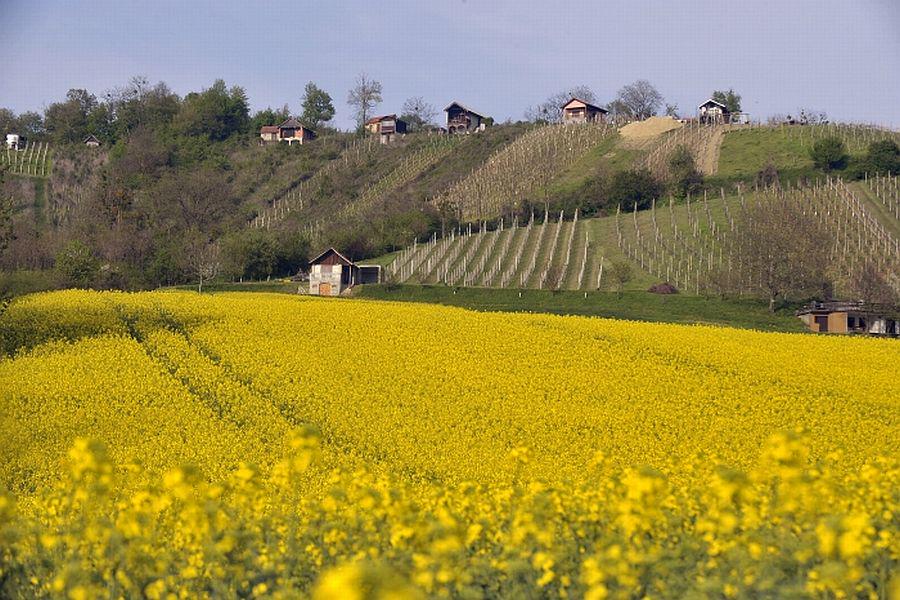The honourable speaker was Mayor of Murska Sobota, Aleksander Jevšek, and as the honourable guest President of Slovenia Borut Pahor also addressed the audience. Before the ceremony, Pahor laid a wreath on Jožef Klekl’s monument at Črenšovci. In his speech, the President emphasized the importance of country borders as the fundamental issue the sovereignty of a country.
He also noted that while the border with Austria and Hungary had been set without any major problems, the issue of the border with Croatia is more complex. Whether borders are settled or not also has an impact on relations between neighbouring countries, stressed Pahor, adding that the people of Prekmurje know this very well. This is also why Slovenia’s president hopes that the arbitration tribunal will continue its unbiased work up until the end of the arbitration process.
Unification with homeland after almost 1,000 years
The day of the reunification of Prekmurje Slovenes with their homeland honours the memory of a historic event, when the people of Prekmurje became united with their parent nation after being separated from it for over 900 years. Namely, after the end of WW1 the superpowers met at the Paris peace conference and agreed that this region could join the Kingdom of Serbs, Croats and Slovenes.
The Yugoslav army this took over the control of Prekmurje on 12th August 1919 and surrendered it to the civil authorities on 17th August. When deciding which date to celebrate officially, the latter was chosen, since on that day Prekmurje Slovenes gathered at a mass rally at Beltinci.
The above-mentioned contract set the border between Yugoslavia and Hungary on the drainage divide between two rivers, the Mura and the Drava, which is why Porabje Slovenes stayed under Hungarian authority.
As the government had passed an agreement on organizing a state ceremony only every five years, the municipalities of Prekmurje decided to prepare the main ceremony on their own.
A. Č., MMC; translated by K. Z.


































































